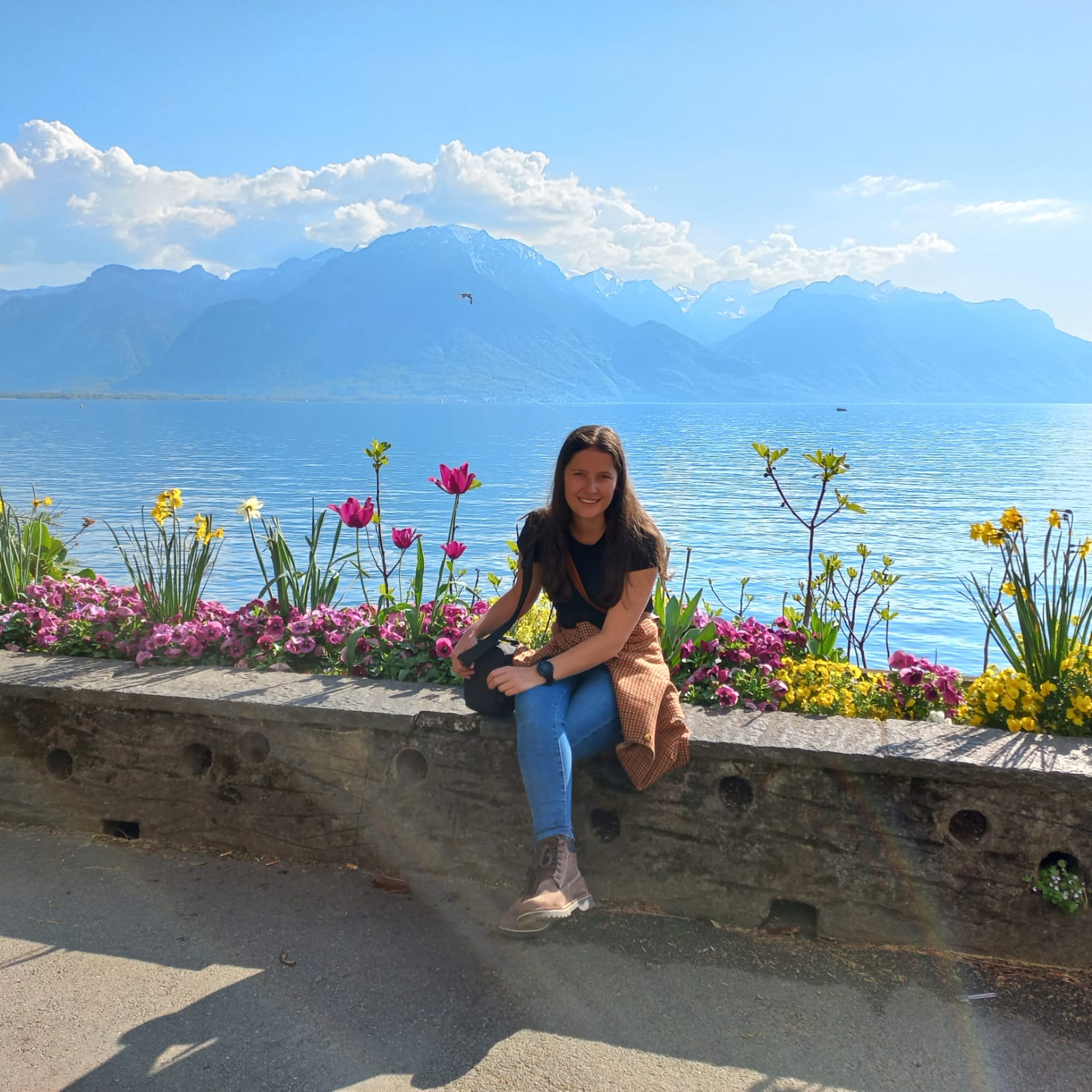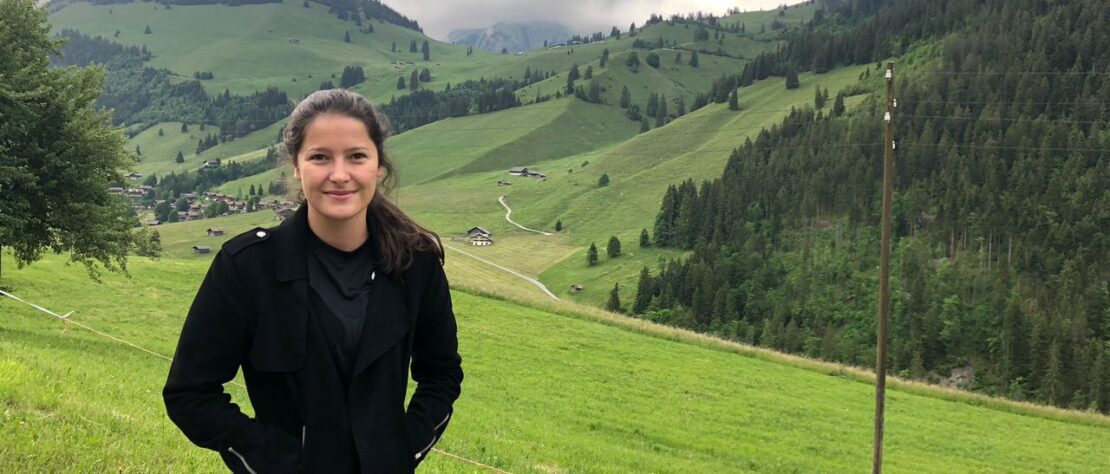Jessica Van der Berg
MCom in Economics
Semester Exchange in the First Semester, 2022 at Lausanne University
Pre-departure:
The pre-departure planning felt a little bit chaotic since there was still uncertainty about the covid-19 regulations and whether traveling abroad would be possible. However, there is only so much you can do to prepare and then you just have to wait and see what happens. Luckily Emirates started flying from South Africa again on the 01 February 2022, and my flight was on the 5th of February 2022, so everything worked out perfectly. Since I only have a South African passport had to apply for a type D visa with the Swiss Embassy in Johannesburg. If you are a student, you do not have to pay any visa fees. However, you do have to pay to get your documents delivered to the Swiss Embassy (if you are staying in Cape Town) which cost around R1000 if you use post-net.
The type-D visa requires you to send in 3 copies of all the documentation that they require, so the admin related to applying can take some time. The process also takes about 9-12 weeks; therefore, you should get started as soon as possible. I didn’t hear anything from the Swiss Embassy and when I contacted them after waiting 10 weeks, my visa was approved and ready. You then have to arrange with post-net to go pick up your documents and it takes about 2 days to get delivered to their branch in Cape Town. Since the visa process if quite lengthy, my suggestion would be to send in more information than necessary to ensure there are no delays. After I have received my visa application, I could start packing.
If you are staying with FMEL (Lausanne University accommodation), then you have to take your own bedding, cutlery and crockery. This ends up taking a lot of space in your bags and therefore I decided to purchase everything once I arrive in Lausanne. You can rent bedding from your place of accommodation, which cost around 80 CHF for 5 months. However, my advice would be to rather go to the IKEA which is a few train stops away and buy the cheapest bedding that you can find. I bought bedding, cutlery and some basic crockery which all added up to 120 CHF (with the bedding costing around 55 CHF). The only disadvantage of doing it this way, is that you have to leave all your purchases behind when you return home, or my suggestion would be to donate it to other students. My advice for packing is that less is more. Looking back now, I packed way too many jerseys and too many books that I never got around to reading. Only pack items that you really need. Remember that you will also purchase some clothing and gifts while travelling and living abroad, so it is best to leave space in your bag for when you return.
Experience at the host university:

Return to Stellenbosch:
I am excited to return home to South Africa and finish my studies at Stellenbosch University but will definitely miss being in Switzerland. Switzerland has an extremely high quality of life, and therefore you are not exposed to problems such as load shedding. Switzerland also has a low poverty and crime rate, which was refreshing. I have also been very proud to be from South Africa and this experience has not changed that. If anything, I think I can take the life lessons that I have learnt in Lausanne and apply them to my life in South Africa. The exchange journey has made me realize that I would like to work abroad at some point in my life. There are many opportunities for you to grow in a professional capacity and ways to expand your career. However, I believe I will always want to return to South Africa.

